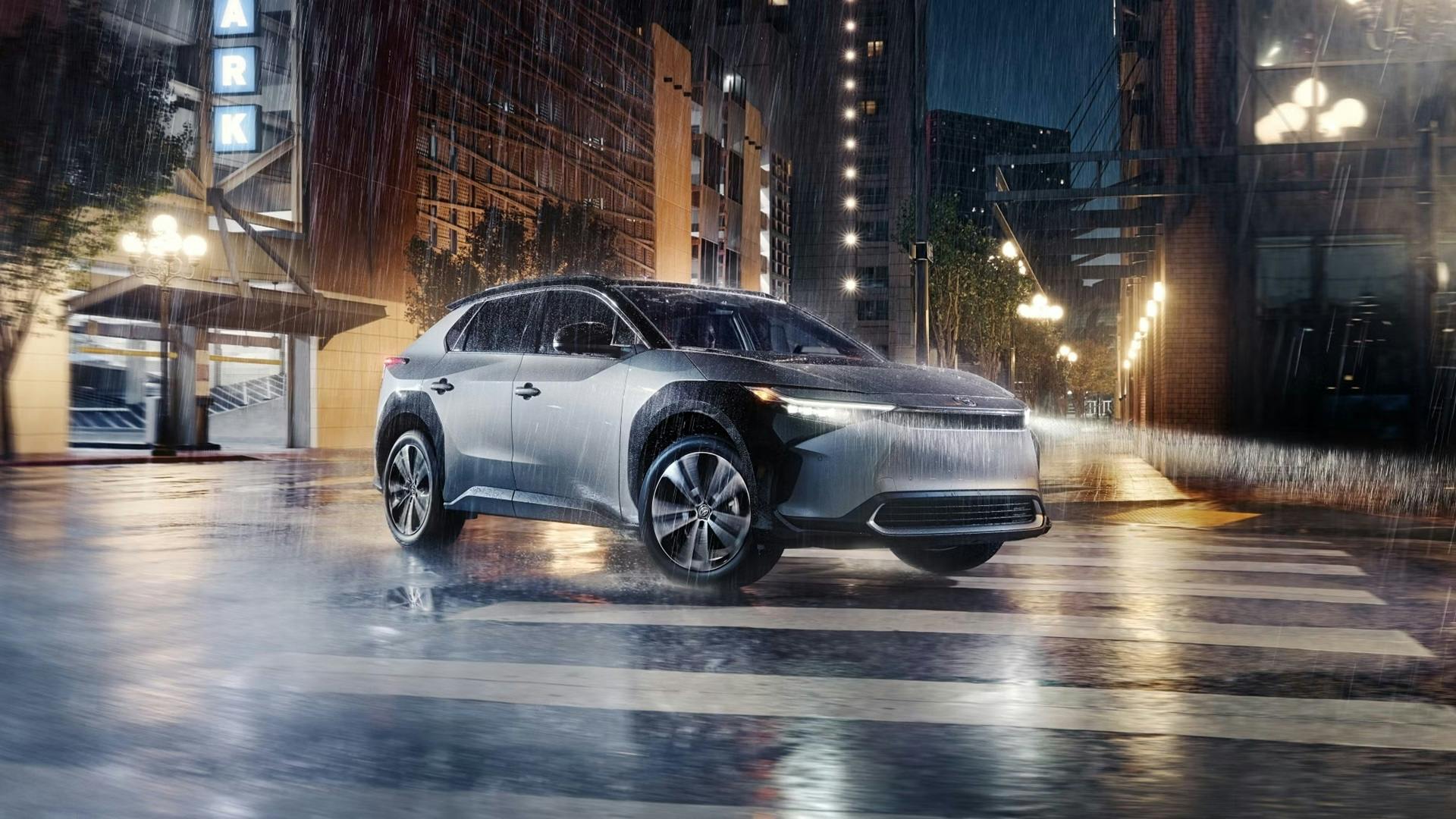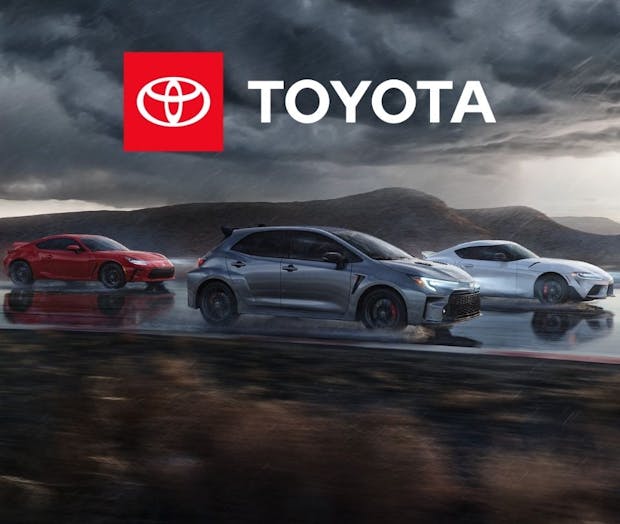
Subaru and Toyota's EV Partnership: A Closer Look
Toyota and Subaru are becoming a partnership as iconic as peanut butter and jelly, with a collaboration spanning generations. Their joint efforts have brought us the BRZ/86 rear-wheel-drive sports car and the Subaru Solterra/Toyota bZ4X electric SUVs. In a recent presentation discussing the company’s performance over the last fiscal year, Subaru revealed that it has chosen Toyota to build its next three electric vehicles. This decision comes as no surprise, as Subaru's partnership with Toyota has proven successful, and it would have been unexpected for Subaru to team up with any other automaker or go it alone.
By the end of 2026, Subaru plans to offer four EV SUV models. The Solterra is already on the market, leaving three more to come. One will be built at Subaru's factory in Yajima, and another will be produced at a Toyota factory in the U.S. Toyota has also announced plans to manufacture a three-row BEV SUV in Kentucky starting in 2025, giving us a hint about one of the upcoming Subaru variants. Despite recent concerns about EV demand, the three-row SUV market remains important, with Kia leading the way with its well-received EV9 three-row SUV.
The third model remains somewhat of a mystery, with Subaru's materials providing no specific information. However, Subaru does state that it will "have a lineup of battery EVs produced in the United States," though it's unclear if this applies to the upcoming wave of EVs by the end of 2026.
Joint development and production make sense for Subaru and Toyota, as it allows them to minimize investment in the potentially less profitable and risky business of EV manufacturing and sales. Toyota's successful partnership with BMW for the low-volume Supra demonstrates its ability to enter markets with the help of a partner. Similarly, the BRZ/86 collaboration was successful enough to warrant a second generation of affordable sports coupes. Toyota also has significant U.S. factory capacity, unlike Subaru, which often faces production constraints at its U.S. factory in Indiana.
Moving forward, we hope Subaru and Toyota learn from the bZ4X/Solterra experiment. One key takeaway is the need for a more competitive and reliable fast-charging infrastructure, as slow and unpredictable charging can detract from the overall EV experience. Improving the charging infrastructure could significantly attract customers to EVs under both the Subaru and Toyota brands, which are known for their strong brand loyalty and positive perceptions.


